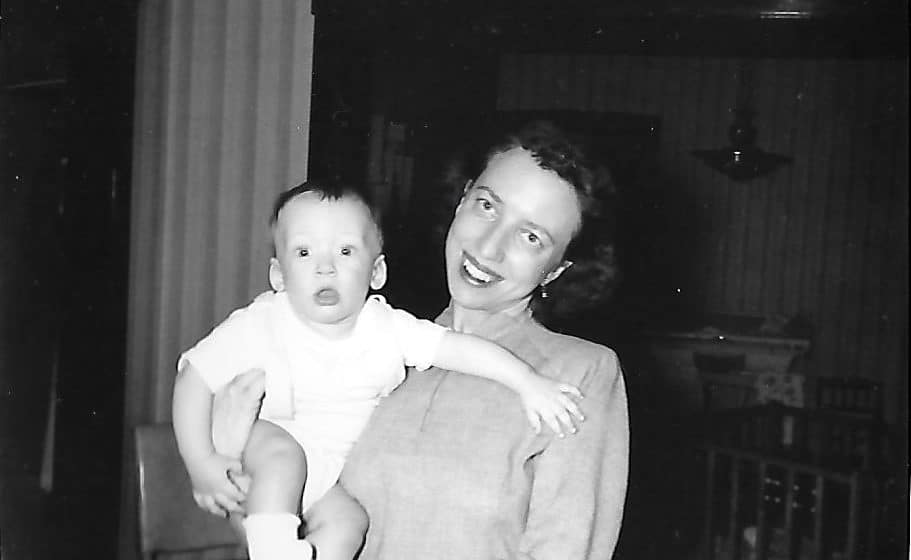
“These vital early experiences of responsiveness to our needs, which psychologists and researchers refer to as attunement are the basis for our attachment styles throughout our lifespans. Before any of us had even formed explicit thoughts or memories, the wiring in our brains and nervous systems began to mirror the ways our caregivers interacted with us — as well as how they responded when they purposefully or accidentally wounded us.”- Aundi Kolber
“I carry your heart with me (I carry it in my heart).”- E. E. Cummings
In Chapter 3 (“Attached” Why Our Earliest Relationships Matter”) of Try Softer, Aundi Kolber cites psychiatrist Curt Thompson. Writing in Anatomy of a Soul, Mr. Thompson explains that an infant picks up the timing and intensity of the parents’ responses to the infant’s pleasure as well as distress. Mr. Thompson continues:
“[The infant’s] brain will begin to register the general level of safety, tranquility, or chaos generated in the presence of each primary figure with whom he interacts. . . . The nature of his relationships with his parents shapes the neural networks in a fashion that will have lifelong implications.”
Furthermore, Aundi stresses, even the most loving parents fail to respond to their children perfectly. Therefore, the concept of repair is vital. Repair occurs when parents misattune to their children and recognize the need to reconnect or apologize. Above all, it’s not the wounding that breeds strength and develops resilience. Rather, the extent to which caregivers reestablish safety after difficult moments.
In conclusion, Aundi explains:
“When our childhood interactions with our caregivers are healthy — marked by attunement and consistent repair — they pave the way for us to feel safe, to learn how to regulate our emotions, to be willing to try new things, and to develop frameworks for future relationships. . . . this work doesn’t demand perfection — just humility and awareness. Learning to try softer and cultivate self-awareness is a gift not only to ourselves but also to those we love.”
Today’s question: How would you describe the degree of your parents’ attunement to you? Please share.
Tomorrow’s blog: “Primary attachment style – not static”

